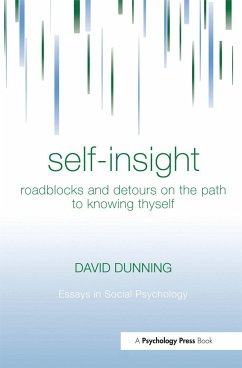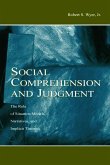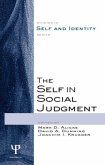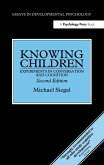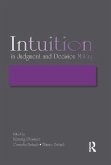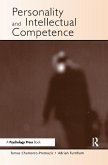People base thousands of choices across a lifetime on the views they hold of their skill and moral character, yet a growing body of research in psychology shows that such self-views are often misguided or misinformed. Anyone who has dealt with others in the classroom, in the workplace, in the medical office, or on the therapist's couch has probably experienced people whose opinions of themselves depart from the objectively possible. This book outlines some of the common errors that people make when they evaluate themselves. It also describes the many psychological barriers -- some that people build by their own hand -- that prevent individuals from achieving self-insight about their ability and character. The first section of the book focuses on mistaken views of competence, and explores why people often remain blissfully unaware of their incompetence and personality flaws. The second section focuses on faulty views of character, and explores why people tend to perceive they are more unique and special than they really are, why people tend to possess inflated opinions of their moral fiber that are not matched by their deeds, and why people fail to anticipate the impact that emotions have on their choices and actions. The book will be of great interest to students and researchers in social, personality, and cognitive psychology, but, through the accessibility of its writing style, it will also appeal to those outside of academic psychology with an interest in the psychological processes which lead to our self-insight.
Hinweis: Dieser Artikel kann nur an eine deutsche Lieferadresse ausgeliefert werden.
Hinweis: Dieser Artikel kann nur an eine deutsche Lieferadresse ausgeliefert werden.

